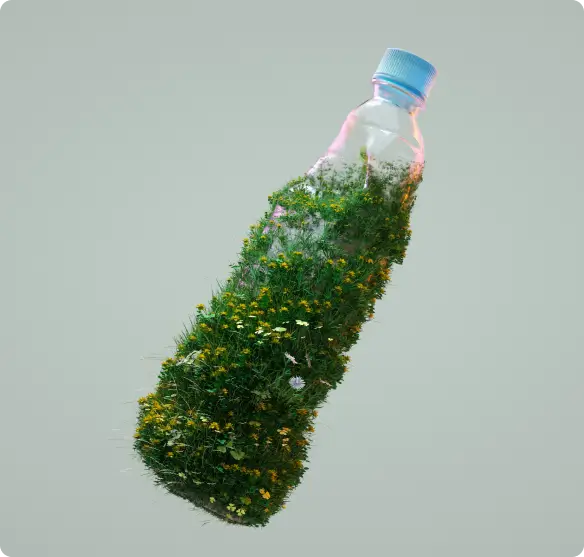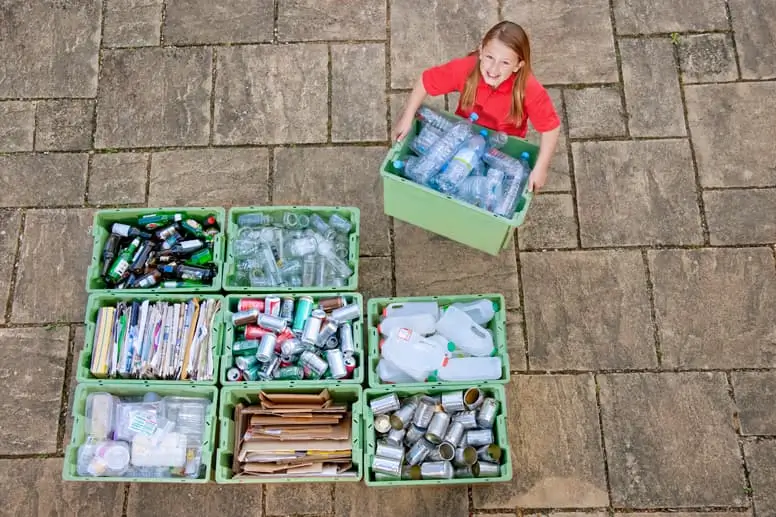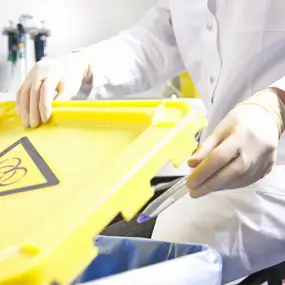
Why is Climate Resilience important?
Climate change is reshaping the world we live in—impacting health, infrastructure, and essential services. For healthcare, building climate resilience means being prepared to deliver care during extreme weather, supply disruptions, and long-term environmental shifts. It’s about protecting lives today while safeguarding the health of future generations.
Goal
To strengthen our ability to anticipate, respond to, and recover from climate-related disruptions—ensuring the continuous delivery of safe, effective healthcare in a changing environment.
Key Target
- No target has yet been set as Climate Resilience was a newly identified material matter in 2024.
2024 Progress
- Began to enhance our climate resilience through strategic risk assessments, scenario planning, and sustainable sourcing, which help us prepare for and adapt to the changing climate.
Did You Know?
250,000
additional deaths per year expected to be caused by climate change between 2030 and 2050.
83%
of cities worldwide are dealing with significant climate hazards.

What We’re Doing
In 2024, we deepened our understanding of climate-related risks and opportunities while enhancing sustainability practices across our supply chain. These efforts are vital to building operational resilience and advancing our long-term environmental goals.
- We held an introductory workshop focused on climate-related risks for senior leadership to strengthen our climate preparedness.
- We commenced scenario analysis to assess physical climate risks to our hospitals, from acute threats like floods and heatwaves to chronic issues such as water scarcity
- We introduced our Global Responsible Sourcing Policy to guide vendors toward climate- and socially-conscious practices, further embedding sustainability into our procurement and supply chain.
Highlights
























